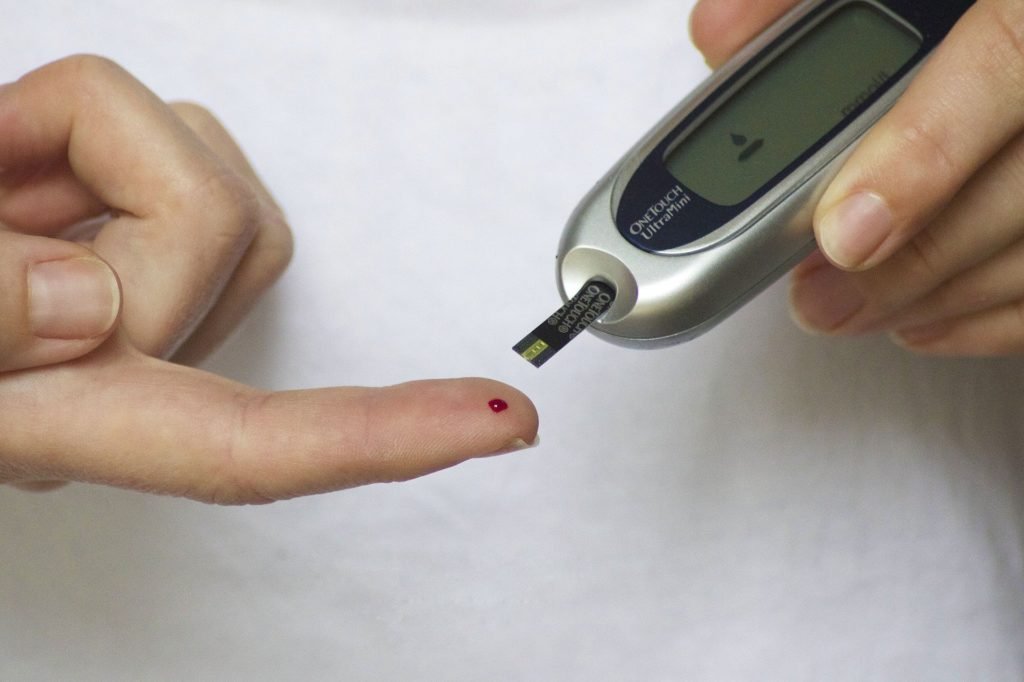High cholesterol is a common condition people experience. Many of them develop several misconceptions about the concept and how to manage high cholesterol.
We have mentioned 7 myths and facts that will help you to understand what high cholesterol actually is and how it is associated with your cardiovascular health.
- You Will Know If You Had The Condition Of High Cholesterol
Symptoms do not appear in most people who have high cholesterol so you cannot always know if you have high cholesterol. Cholesterol deposits start growing on the skin that is yellowish in others. These deposits are called xanthomas.
Usually, these growths develop when your cholesterol level is very high. After getting atherosclerosis complications or when their arteries become narrow many people develop symptoms.
The cause of this condition is mostly high levels of cholesterol. As plaque starts building up in your arteries if you have atherosclerosis.
This plaque is made up of fatty substances and some other materials. Building up the plaque leads to inflammation. Plaque causes narrowing of the arteries that result in the reduction of blood flow toward your brain, heart, and other body parts.
This condition can lead to several complications like angina, stroke, heart attack, gangrene, and kidney dysfunction. Moreover, it can also cause claudication.
It’s good to know about the levels of your cholesterol earlier to decrease the chances of developing complications. However, it is easy to be screened for high cholesterol with a blood test.
- Every Cholesterol Type Is Bad
Cholesterol plays an important role in helping your body to perform its normal functions properly. The liver builds cholesterol to produce vitamin D, important hormones, and cell membranes. Cholesterol moves through an individual’s body on lipoproteins.
Following are two main types of cholesterol.
- LDL (Low-Density Lipoprotein)
You can call it bad cholesterol. It makes you vulnerable to get a heart stroke or heart attack. Accumulation of high amounts of LDL in arteries creates plaque and inhibits the flow of blood. Lowering your bad cholesterol helps you to decrease the risk of getting strokes and heart attacks.
- HDL (High-Density Lipoprotein)
It is called good cholesterol. It carries your cholesterol back to the liver which works to remove it from your body. High LDL decreases the risk of getting strokes.
A test report of cholesterol includes information about the total cholesterol, VLDL, LDL, triglycerides, and HDL. When we talk about cardiovascular diseases, doctors are concerned about VLDL and LDL. After this, they are concerned about triglycerides and then HDL.
- Cholesterol Targets Of Everyone Should Be Same
There is no universal target for the levels of blood cholesterol. Doctors will examine your cholesterol amounts with reference to the risk factors that may show that you have a greater risk of developing heart diseases.
- Females Don’t Have To Worry If They Have High Cholesterol
High cholesterol causes heart disease. And these diseases are the first cause of death in females according to CDA. It affects both males and females equally. Some conditions specifically affect the cholesterol levels of women are:
- Breastfeeding
- Hormonal changes
- Pregnancy
- Menopause
- Diet And Exercises Contribute To Cholesterol Levels
Diet and experiences contribute to an individual’s cholesterol level. Other contributing factors are heavy use of alcohol, smoking, and genetic factors.
- Taking Cholesterol Medications Means Stop Worrying About Diet
What you consume and what your liver is producing both are important factors that affect the levels of your blood cholesterol. Your level of cholesterol can increase if your diet is not balanced no matter if you are taking certain medications for cholesterol.
- One Of The Important Diet Part Is Dietary Cholesterol
Researchers reported that consuming a diet with high cholesterol does not increase your blood cholesterol levels. You can call saturated fat a culprit. Foods high in levels of cholesterol often contain high amounts of saturated fats.
Dietary cholesterol is still an important concern. If you have decided to continue one nutrient, it is not the right solution. According to the American Heart Association, if you want to improve your cardiovascular health, improve your patterns of eating.
It means you have to consume high amounts of legumes, vegetables, fresh fruits, lean meat, whole grains, seeds, and nuts. You have to skip the processed foods, full-fat dairy, packaged foods, and fatty cuts of meat to balance your diet.


